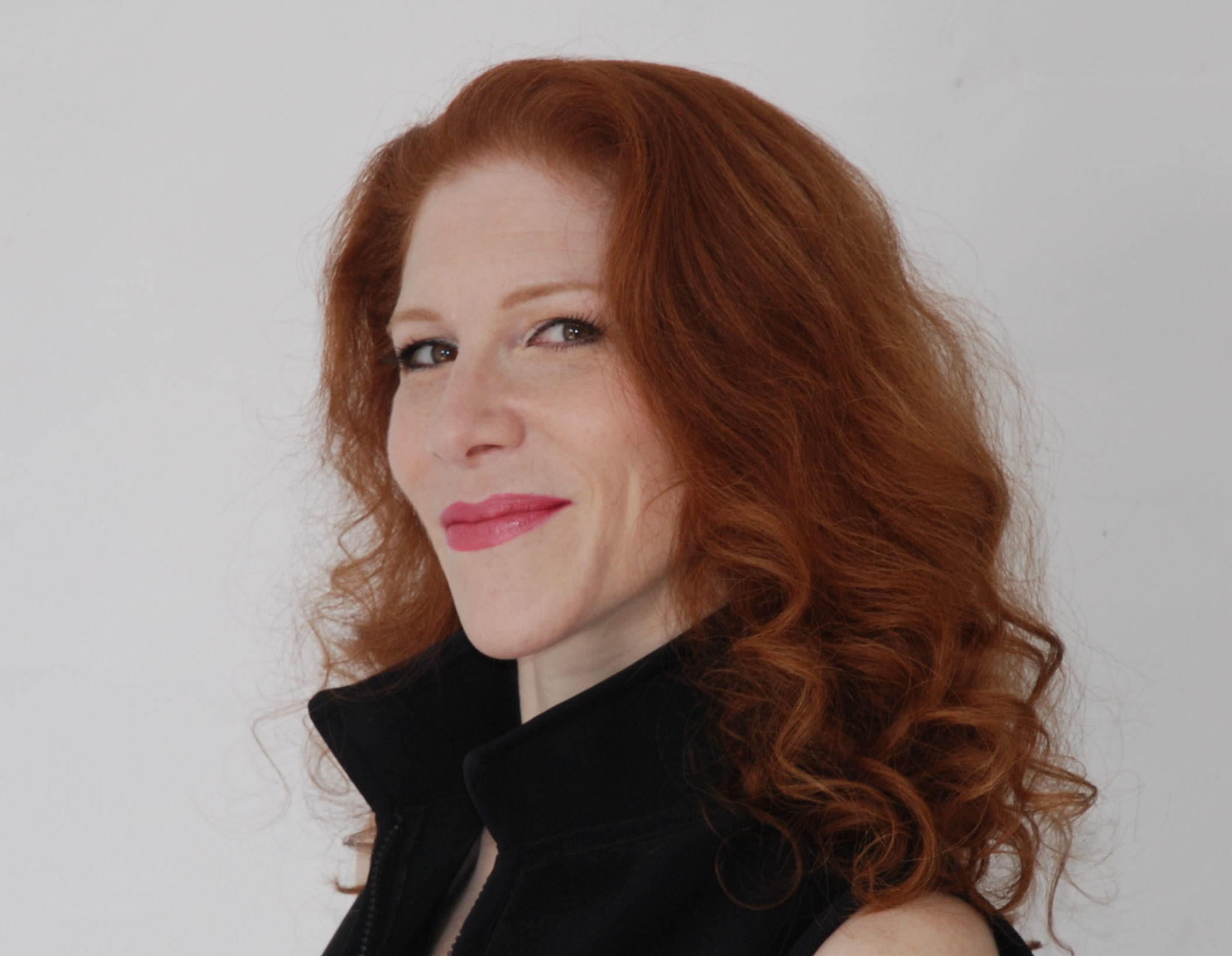By Amy Alkon
Q: My boyfriend is going to a dinner out of town to get an award for a film he made, and he didn’t invite me. When I told him I felt excluded, he said that he was embarrassed because his parents are paying for his flight and he has to stay with a friend. I get it; he does wonderful work, but he’s still struggling financially. Still, if the tables were turned—if I were getting an award—I would at least tell him I wish he could come.—Upset
A: There are a lot of things Martin Scorsese has been known to say, but one of them is not, “I want you by my side at this festival, and I only have to dig through the trash for 8,234 more cans to make that happen.”
It isn’t surprising that your boyfriend—as a man—is more sensitive about being … as they say … brokeahontas than you would be if the (awards dinner) tables were turned. As I frequently explain, men and women aren’t just physically different; they evolved to have corresponding psychological differences. A biggie comes out of how there was a far greater potential cost to an ancestral woman from any sex act (pregnancy and a kid to feed) compared with the cost to a man: “Gee, that was a whole teaspoonful of sperm!”
So female psychology evolved to push women to look for “providers”—men with access to resources and a willingness to share them. That’s why women go for guys who show signs of wealth, like a temperature-controlled nursery for their sports cars. Wealth is a cue to the all-important ability to bring home the bison. But in ancestral times, we couldn’t hang onto stuff—including food—because we didn’t have refrigerators, let alone houses to keep them in. There was just the meat you could eat before it went bad and your man’s ability to hunt it down. So what does it for a lot of women is potential—signs that a man could soon be, uh, dragging home tasty dead animals (probably shrink-wrapped, unless their guy is good with a crossbow).
You seem to be one of those women. (You get that they don’t give out film awards to just any doof who shoots a cat video on their iPhone.) If you do believe in your boyfriend, tell him—regularly, in detail. If he gets that you’re proud of him and that you’d be happier eating hot dogs on a bench with him than dining with some corporate drone at Le Whatever, he’s less likely to feel he’s failing you by being undercapitalized. This should help him be more inclusive in the future—at least emotionally—when that “historic location” where he’ll be staying is the sagging love seat where his buddy lost his virginity in 1992.
Q: I’m 25, and my boyfriend is 29. He is super-sweet, is a good person and treats me really well. However, recently, he told my roommate that she has “nice cheekbones.” I didn’t say anything, but I think this was inappropriate. It’s not like, “I like your shirt” or whatever. It’s about another woman’s beauty. Can I tell him I don’t want him complimenting other women in the future?—Hurt
A: It says something when a man notices a nice view—like that it’s only a matter of time before he and that pretty orange sunset are sneaking out to his car to have sex.
OK, it’s possible that “nice cheekbones” is man-speak for, “Those are some hypno-hooters you got there, honey.” But maybe he was just trying to say something nice. Or maybe he was mesmerized in a bad way—like, “Whoa … are those forceps marks?”—and he noticed her noticing and ducked for verbal cover.
As for why you find this upsetting, consider that our emotions aren’t just feelings; they tell us what to do. The disturbing emotion of jealousy, for example, is what evolutionary psychologist David Buss calls a “coping device” for “mate retention”—an alarm system that helps us guard against being cheated on. However, sometimes this alarm system can be a little oversensitive and in need of recalibration—like the one at my parents’ house that used to go off whenever my uncle cut one in the den.
In deciding whether you should say something, context matters. You describe your boyfriend as attentive, “super-sweet,” and “a good person.” If he isn’t regularly jawing on about other women’s looks, maybe it’s a little premature to turn your relationship into a repressive regime. Model your free speech policy on that of Iran or North Korea and it’s only a matter of time before you’re in a date-night rut: “So … same old, same old … dinner and a cavity search?”








